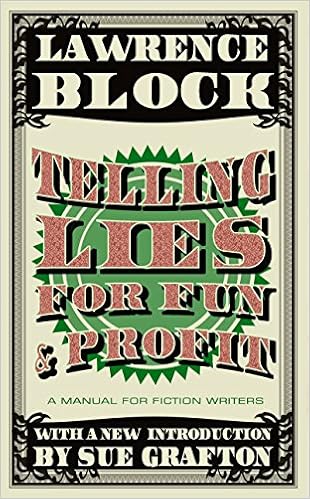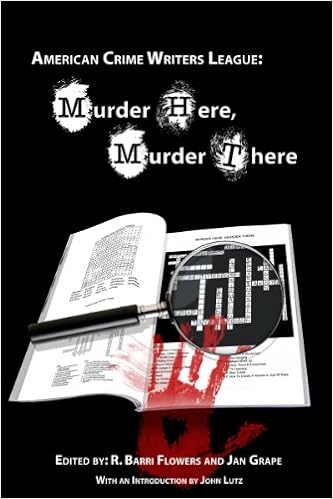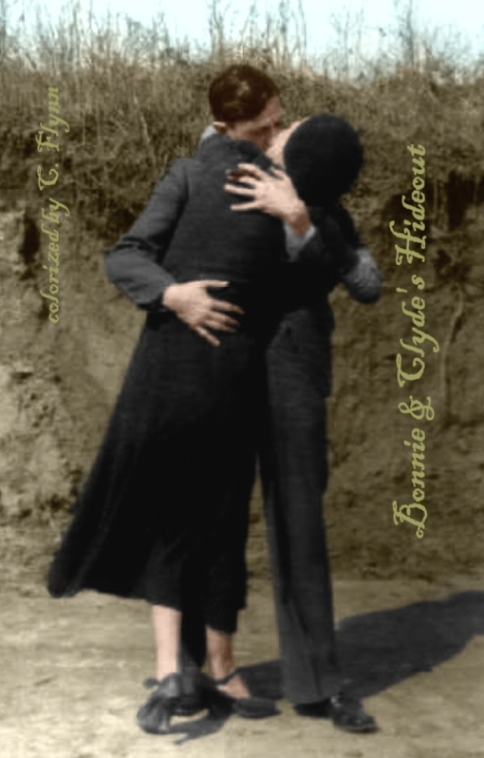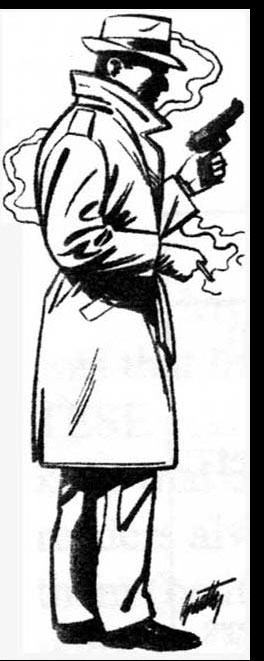 I don't know why, but it gets more difficult for me to get to the SleuthSayers site or our Sandbox. What I get most of the time is a message that says that page is not available. or that site is not available. Or I get my name and it says I'm unknown, even though I'm signed in on google blog. It sometimes takes me 30 to 40 minutes just to figure out how to get here.
I don't know why, but it gets more difficult for me to get to the SleuthSayers site or our Sandbox. What I get most of the time is a message that says that page is not available. or that site is not available. Or I get my name and it says I'm unknown, even though I'm signed in on google blog. It sometimes takes me 30 to 40 minutes just to figure out how to get here.I'm still having to use my tablet as I couldn't get on site at all with my laptop. I really got screwed up by downloading Windows 10. Do not do it until you have to unless you are a computer nerd or guru. This seems to be a more recent development. I used to have a hard time but finally found a easy path, but since you guys made it accessible to phones, etc. I've had this trouble. The first time I tried my regular way it wouldn't work. Then I stumbled onto the secret. Then last night and today none of that worked. However, finally, a few minutes later I stumbled onto a new way. OK, enough whining. I don't even have any cheese to go with.
I suppose life is supposed to hand you lemons now and again. That somehow teaches us to learn how to make lemonade. But does it help in writing? In many ways it does. I heard an author say once that he didn't trust a writer under forty-five. He did not think a writer had enough experience in living life to qualify as a good writer.
Do you think that might be all wrong? Or does it make sense to you? I can agree in some way. Not only life experiences come into play, but I think your writing improves with age. That doesn't necessarily mean "your age." I'm also talking about writing maturity. I personally began to realize after I'd been writing for a few years that my writing changed about every six months or so. It got stronger, better as I learned the craft. As I learned how to develop stronger, more realistic characters. Also as I learned more natural sounding dialogue and how to create tension. You don't have to age chronologically, but your writing matures if you keep writing daily or at least every few days.
The chronological age can help also. Yet some people have life experiences at an age earlier than others. A loss of a parent or a sibling. A family's loss of a good job, changing the family 's economic standing. A young woman or young man dealing with abuse, emotional, physical or sexual can certainly make life experiences change. Sometimes the person has to grow up and learn to deal with life at an early age.
In that respect, I don't necessarily agree with the author who said, not to trust any writer under 45. I can also see a person's age can bring about a maturity of writing about life as in real life.
In reality I don't think you ever grow to full maturity with your writing. And some folks never grow up emotionally. As a writer I think it is a lot of fun to keep growing and as an older adult I think being grown-up is much more trouble than it's worth. I think I'll just stay a kid a few more years.












 Private Eye Writers of America aka PWA
Private Eye Writers of America aka PWA










